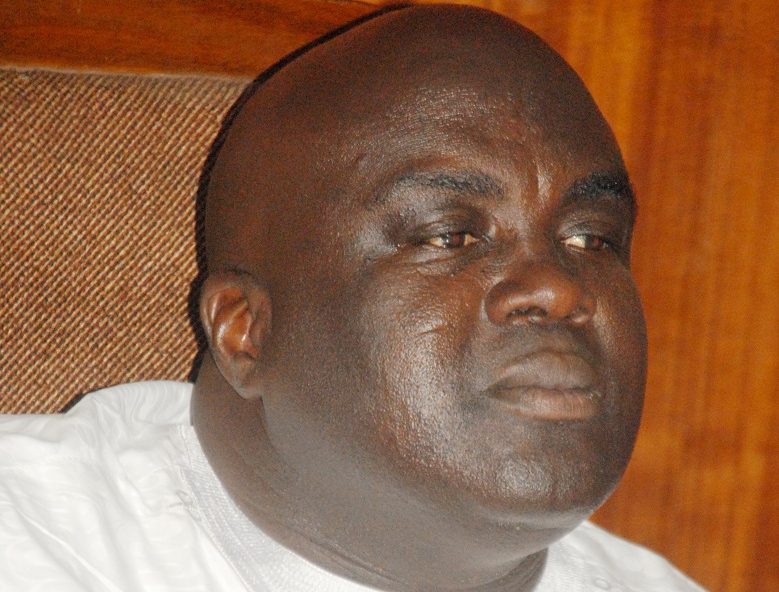The acting Head of the Local Government Service, Dr Callistus Mahama is calling on the public to show much interest in the work of their local assemblies to ensure that their basic needs are prioritized.
He made the comments in relation to an abandoned toilet project at the La-Nkwantanang cluster of schools.
The Daily Telegraph newspaper reported on Monday that the contractor has abandoned work due to lack of funds, leaving thousands of pupils in the municipality with no toilet facilities.
Residents say though they have petitioned the DCE of the area about the problem, nothing has been done to resolve the issue.
[contextly_sidebar id=”JlBwu1JuILGeRDJ3mhwfz1jRYGoyLRmb”]But speaking on the Citi Breakfast Show, Dr. Mahama said the problem is existent because residents of the area have failed to decide on their priorities and show interest in medium term development policies of the area.
“The people should decide on their priorities and once the priorities have been decided, the resources will now be released to fulfil those promises”
“When the assembly is developing its medium term development plan, I don’t know how many citizens take interest in that because if they prepare the medium term development plan and toilet facilities are not captured, there is no way assemblies are going to secure funds from somewhere and come and put up toilet facilities,”he explained.
He said the problem can be resolved if constituents express interest in developmental programmes in their assemblies.
“At the local level or the district levels almost every aspect of our lives is decided at the district levels. If Ghanaians can give just about 1/10th of the attention that they give to national issues, the problems that we are facing today will not be as serious as they are”
“The process of development at the district level is suppose to be from the bottom up. If people don’t have toilet facilities that is why we have regulations at the District Assembly level, they should make a case that they don’t have toilet facilities then the Assembly can capture it in their medium term development plan and then every year, once resources are released, then they can work on them.”
The challenge facing the La Nkwantanan Madina area has been existent in other parts of the Greater Accra region as well.
A survey conducted in public schools across the country in April revealed that about 10,000 schools do not have toilet facilities.
The number is half the estimated 20,000 public schools in Ghana, apart from the thousands of privately owned schools that may not have toilet facilities.
By: Marian Efe Ansah/citifmonline.com/Ghana


